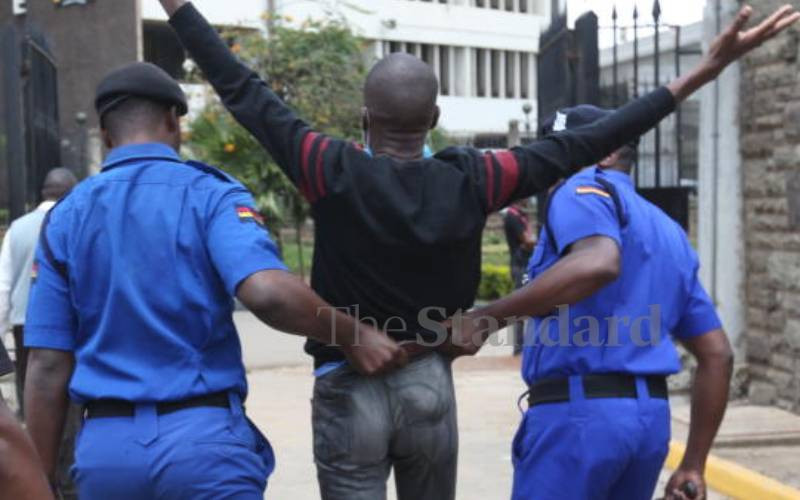×
The Standard e-Paper
Stay Informed, Even Offline

I have lately been in a court of law to represent a fellow citizen on the spurious charge of unlawful assembly contrary to Section 79 of the Penal Code.
I didn't even pick the charge sheet as this is one of those draconian relics of law from our colonial history. I know, the offence can still be kept in our statutes but for sure, we can do so with a better spruce up of it.